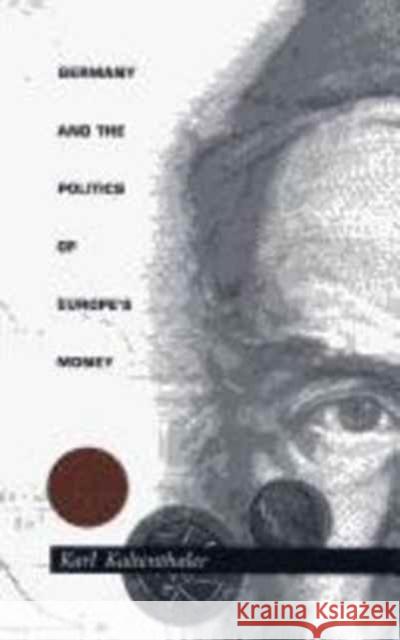Germany and the Politics of Europe's Money » książka
Germany and the Politics of Europe's Money
ISBN-13: 9780822321712 / Angielski / Miękka / 1998 / 160 str.
Germany and the Politics of Europe's Money
ISBN-13: 9780822321712 / Angielski / Miękka / 1998 / 160 str.
(netto: 111,90 VAT: 5%)
Najniższa cena z 30 dni: 99,10
ok. 30 dni roboczych.
Darmowa dostawa!
As countries in the European Union struggle to comply with the Maastricht Treaty, the question of monetary integration is at the forefront of European politics. "Germany and the Politics of Europe's Money" explores how and why Germany--whose economic power makes it a pivotal player in the European monetary system--has developed inconsistent policies toward European monetary institutions and how international institutions affect domestic politics that, in turn, influence state policies toward these institutions.
Moving away from state-centered and Marxist approaches to the study of the European monetary integration process, Karl Kaltenthaler offers a new analytical framework to assess the dynamics within and among the participating countries. Using official and unofficial documents as well as interviews with players ranging from presidents of the Bundesbank to functionaries in the trade unions, Kaltenthaler argues that the number of decision makers negotiating policy and their accountability to interest groups, political parties, government ministries, and Germany's central bank have made Germany's fluctuations in policy inevitable. "Germany and the Politics of Europe's Money" examines twenty years of German policy through an analysis of four key episodes: the creation of the European Monetary System, the creation of the Franco-German Economic and Financial Council, the establishment of policy toward the European Monetary Union, and the institutional transformation of the EMS in the 1990s. It thus brings a new understanding to Germany's dynamic policies and the political forces behind them.











